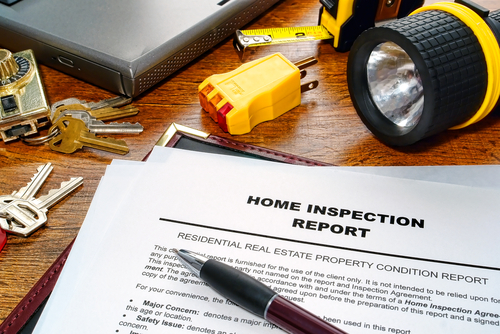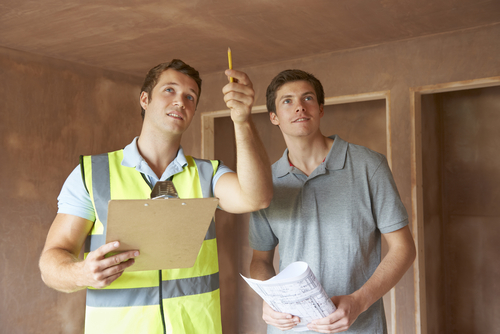Home inspections are vital when buying a house. If you’re a first time home buyer, then it is crucial to give the house a thorough check up first. You don’t want to end up with a house full of problems so, before you make an offer, be sure that you’ve checked every nook and cranny on the house.

Here’s a checklist to guide you before, during, and after a home inspection:
Before
Find the Home You’re Eyeing For
The first step in buying a house is by looking for options. You can find numerous homes on websites. Look for real estate on Gumtree, and maybe you’ll find some best deals.
The good thing about websites is that you can filter your choices according to your budget, location, or other preferences. Also, read up on a great home loan guide so you can estimate how much you will spend on buying your first home.
Find a Trusted Inspector
Real estate agents usually already have contacts with home inspectors. But it’s not mandatory to have them on the job. You always have the choice to find the one you can 100% trust and is genuinely concerned about your well-being and not just the pay they will receive.
If you have friends that went through the same home buying process as you, ask them if they know someone, maybe they have referrals that you can also trust. You can also check if they have online reviews, so you know if their previous clients were satisfied with their service.

Figure Out What Could Be Your Deal Breakers
When buying a home, you must set a budget. The actual price of the house, mortgages, and repairs are all you should take into consideration.
The cost of repairs are not fixed yet, which is why you have to inspect. Identify possible problems in the house that may be too costly to repair. Anything that isn’t worth dealing with is a red flag. Major repairs might cost you more than what you set aside, which may put a dent in your emergency funds.
During
Inspect the House Yourself
Of course, as a potential home buyer, you should also inspect the house. You have your list of deal breakers, so check to see if there are any in the house, such as these things:
- Water damage
- Exposed wiring
- Noisy plumbing
- Leaking water
- The temperature of the house
- Cracks on the walls or ceiling
- Missing roof shingles
- Condition of appliances
- Proper drainage system
- Garage door repairs
- Adequate heat and cooling system
- Presence of chemical smells
Now is also an excellent opportunity for you to get a feel of the house. Is it your dream home or not? You can see whether the house is as good as they looked when you saw its pictures. See if you like the colors, the structure, the designs, and even the surrounding areas.
Let the Professionals Do Their Job
After your inspection, it’s time for the pros to take over. The inspector will check every part of the house to see if there are any real problems you should be concerned about. They will review everything you’ve checked and have a more thorough inspection and identify the issues you missed.
If you have the budget for it, you can hire individual experts to check out your home for a more in-depth review. The people you might want to hire are these:
- Structural Engineer
- Pest Inspector
- Landscape Expert
- Septic System Inspector
- Toxic Substance Inspectors
- Geotechnical Inspector
- Arborist
Listen Attentively to What The Pros Say
During the inspection, they will make comments about the problems they’ll find in the house. You can walk with them as they check. Listen to their observations and take notes. They might discover deal breakers that you may not have found yourself.
Don’t forget to ask questions too. Ask them anything that involves the house inspections. You can ask them about the broken garage door you saw and what actions you have to take to fix it. Maybe they even have an idea on how much repairs will cost you.
After
Thoroughly Read the Report
Listening and taking notes during the inspection is not enough. After the examination, you have to read through the report. It provides extensive information about all the things concerning the house. It is very detailed so you can make estimates on how much money, time, and effort it’s going to take before you deem the house livable.
Now, remember, every house will always have imperfections. What’s important is that you familiarize yourself with those problems so you can estimate the real value of the home. It’s critical to know the faults, so you’re sure that the seller isn’t taking advantage of you. You can still renegotiate the price of the house if you point out significant problems you found that they didn’t tell firsthand.



